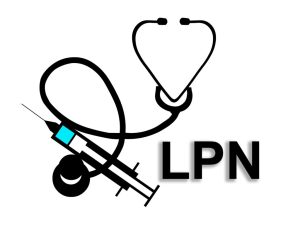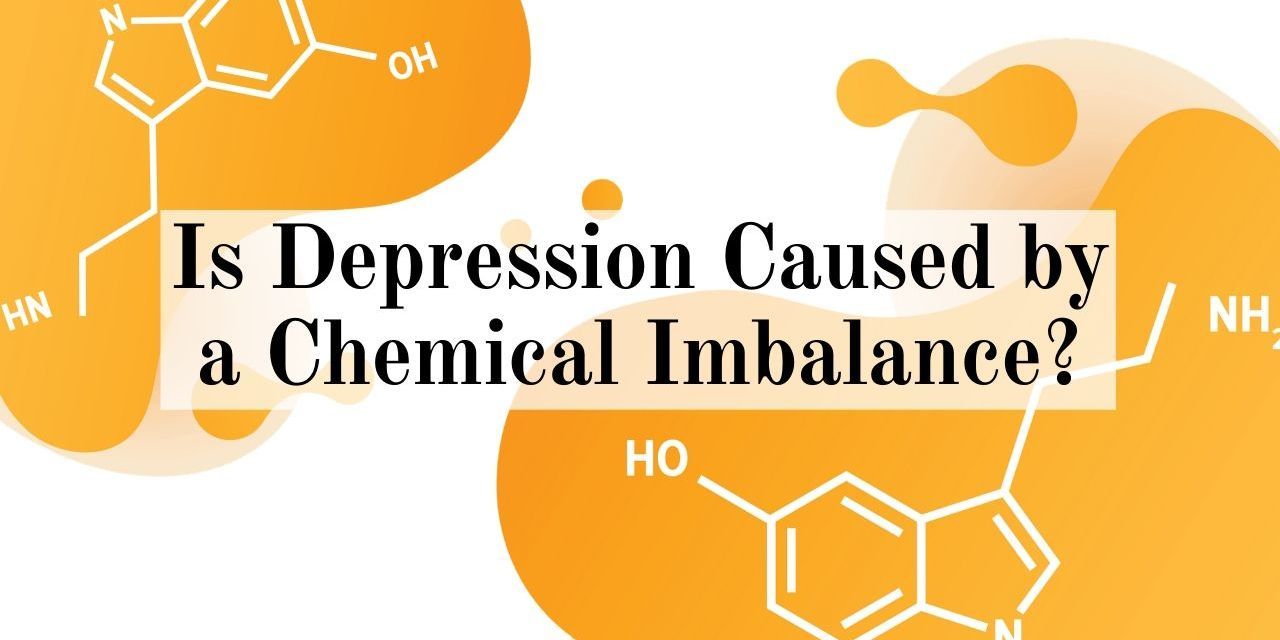
Depression, an affliction that haunts millions worldwide, remains a complex and enigmatic condition. While the root causes of this mental health disorder are multifaceted, one theory that has gained considerable attention is the concept of a chemical imbalance in the brain. Often touted as a leading cause of depression, this notion suggests that certain neurotransmitters – the chemical messengers responsible for transmitting signals between nerve cells – become askew, disrupting crucial brain functions related to mood regulation. As we delve into the intricate interplay between brain chemistry and depressive symptoms, it becomes evident that understanding the intricacies of this alleged chemical imbalance may hold the key to unveiling new treatment approaches and fostering empathy towards those grappling with this insidious ailment.
What Causes Chemical Imbalance In The Brain?
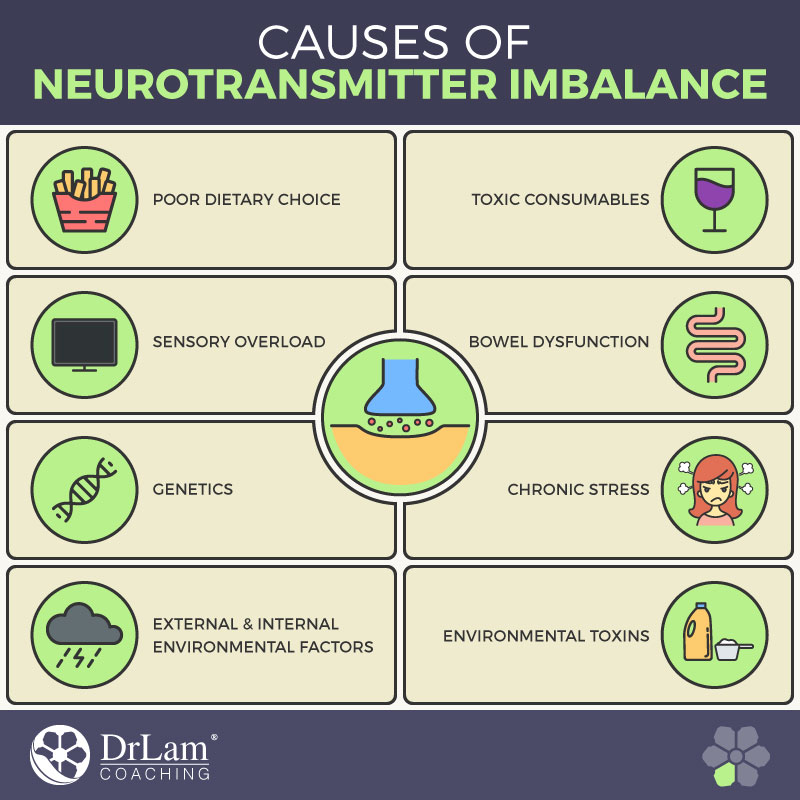
Chemical imbalance in the brain is a complex phenomenon that is still not fully understood. While it has long been believed to be one of the main causes of depression, recent research challenges this notion and suggests that the relationship between chemical imbalances and mental disorders might be more nuanced. The prevailing theory asserts that low levels of neurotransmitters such as serotonin, norepinephrine, and dopamine lead to depressive symptoms. However, new evidence shows that other factors like genetics, stress, trauma, and environmental influences can also play a significant role.
The idea of chemical imbalance has been popularized by pharmaceutical companies to market antidepressant medications. However, some experts argue that it oversimplifies the complexity of mental illnesses. In reality, brain chemistry is intricate and delicate—several factors interact with neurotransmitters to determine our psychological well-being. Moreover, studies have shown that although certain antidepressants can restore these imbalances in some individuals and alleviate symptoms temporarily, they don’t work for everyone or provide a long-term solution.
How Does A Chemical Imbalance Affect Mood?
Chemical imbalances within the brain can have a direct impact on mood, often leading to the development of mental health disorders such as depression. Neurotransmitters, which are chemical messengers responsible for transmitting signals between neurons, play a crucial role in regulating our emotions. When there is an imbalance in these neurotransmitters, particularly serotonin and dopamine, it can disrupt the normal functioning of the brain and alter our mood.
For instance, low levels of serotonin have been linked to feelings of sadness and hopelessness. Serotonin helps regulate sleep patterns, appetite, and overall mood stability. When its levels drop below the normal range due to a chemical imbalance, individuals may experience symptoms of depression. Similarly, dopamine has been associated with motivation and pleasure-seeking behavior; an inadequate supply can lead to a lack of interest or enjoyment in previously pleasurable activities – another common symptom found in depressive states.
Understanding how chemical imbalances affect mood provides valuable insights into the complexities of mental health disorders like depression. While external factors certainly contribute to one’s mental state, it is crucial to acknowledge that biological processes also play a significant role.
Understanding The Role Of Neurotransmitters In Depression.
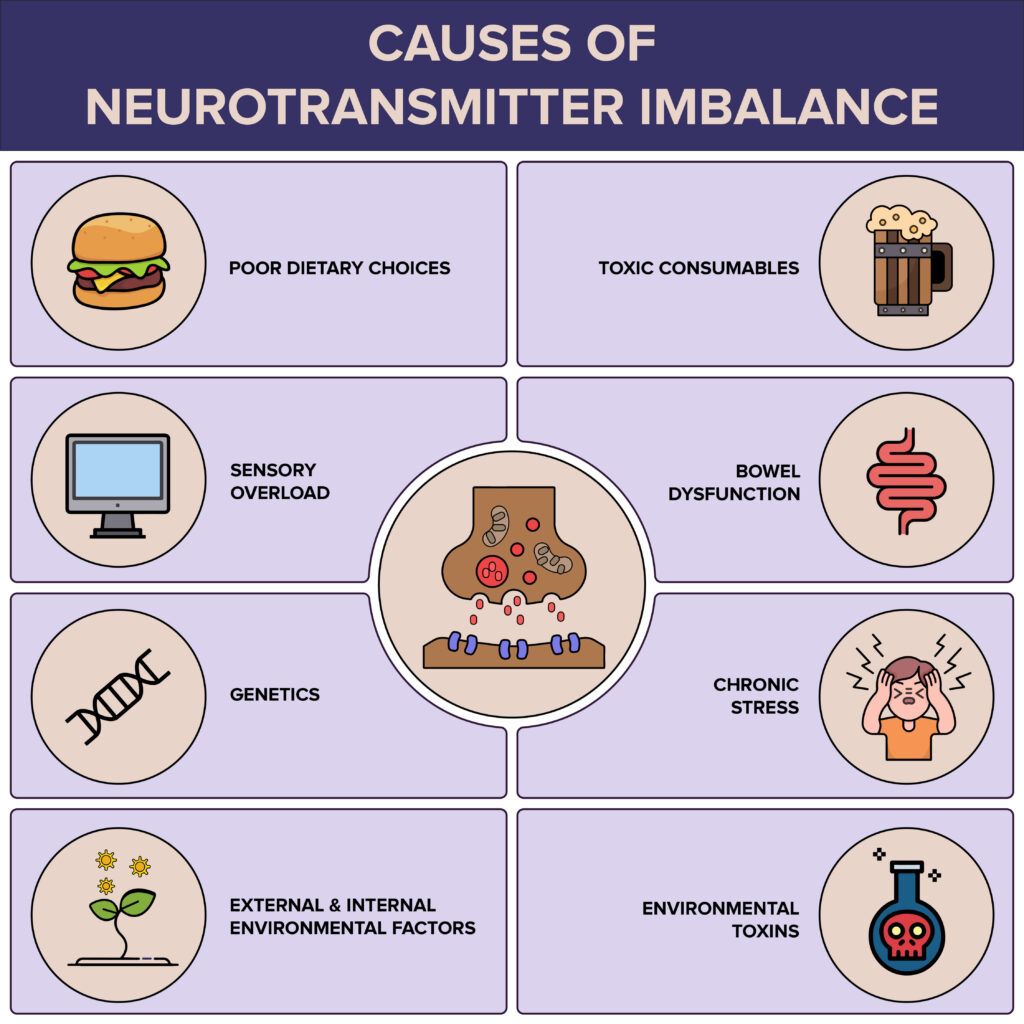
One of the key factors that researchers have studied extensively in relation to depression is the role of neurotransmitters. These chemical messengers play a vital role in communication within the brain by transmitting signals between neurons. Serotonin, dopamine, and norepinephrine are some of the neurotransmitters that have been closely linked to depression.
Serotonin, often referred to as the feel-good neurotransmitter, regulates mood and contributes to feelings of happiness and well-being. In individuals with depression, there may be lower levels of serotonin present in certain areas of the brain. This serotonin deficiency can lead to disrupted mood regulation and an increased risk for depressive symptoms.
Similarly, dopamine plays a critical role in motivation and reward systems within the brain. A lack of dopamine activity has been associated with low energy levels, difficulty concentrating, and a reduced ability to experience pleasure – all common symptoms experienced by those with depression.
Understanding these imbalances in neurotransmitters can provide valuable insights into why certain medications work for some individuals while others do not. By targeting specific neurotransmitter systems involved in depression through various treatment approaches such as medication or psychotherapy, we can begin to unravel the mysteries surrounding this complex disorder and provide more effective treatments for those who are affected by it.
The Link Between Stress And Chemical Imbalance.
One often overlooked aspect of depression is the link between stress and chemical imbalance in the brain. While it is commonly believed that a chemical imbalance causes depression, recent research suggests that chronic stress can actually disrupt the delicate balance of neurotransmitters in our brain, leading to depressive symptoms. This means that individuals who experience high levels of ongoing stress may be at a greater risk for developing depression.
When we are under stress, our body releases cortisol, also known as the stress hormone. In small doses, cortisol can be helpful by assisting us in responding to perceived threats and regulating various bodily functions. However, when stress becomes chronic or overwhelming, cortisol levels remain high for extended periods of time, throwing off the balance of other important neurotransmitters like serotonin and dopamine. These chemicals play a crucial role in regulating mood and emotions, so any disruption can lead to feelings of sadness, apathy, and hopelessness.
Treatment Options For Depression Chemical Imbalance.
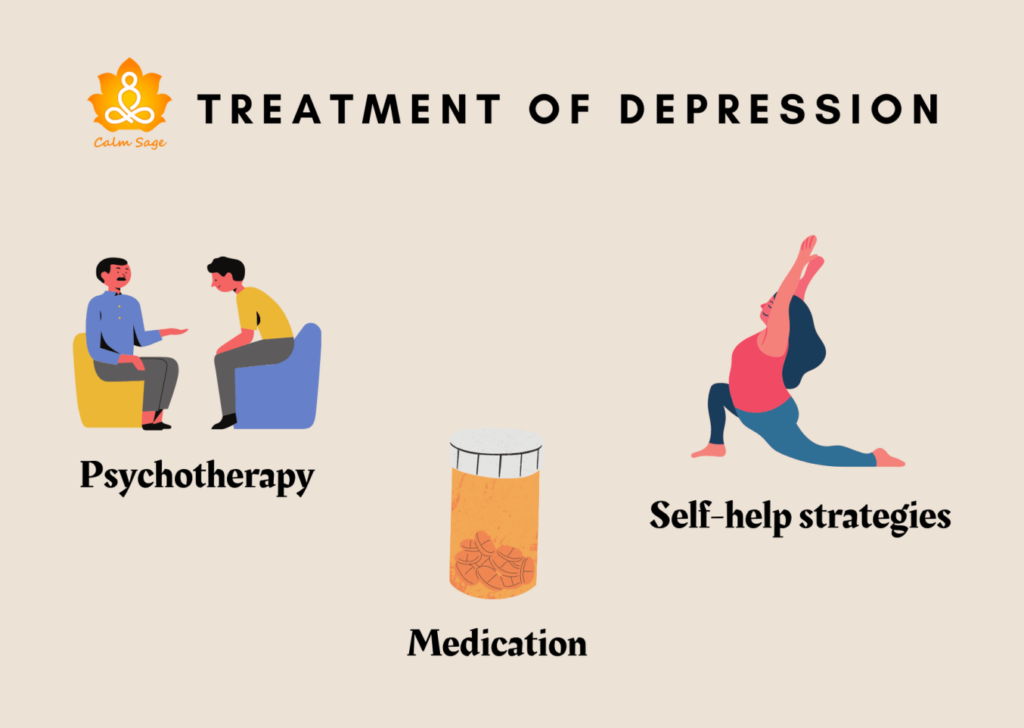
When it comes to treating depression caused by a chemical imbalance in the brain, there are several options available. One common approach is medication, such as selective serotonin reuptake inhibitors (SSRIs) or serotonin-norepinephrine reuptake inhibitors (SNRIs). These medications work by increasing the levels of certain neurotransmitters in the brain, which can help alleviate symptoms of depression. However, it’s important to note that not all individuals with a chemical imbalance will respond to medication, and finding the right one may require some trial and error.
In addition to medication, therapy can also be an effective treatment option for those with depression caused by a chemical imbalance. Cognitive-behavioral therapy (CBT) has been shown to be particularly helpful in changing negative thought patterns and behaviors associated with depression. This type of therapy focuses on identifying and challenging unhelpful thoughts and replacing them with more positive and realistic ones. Other forms of therapy, such as interpersonal therapy and psychodynamic therapy, may also be beneficial depending on the individual’s specific needs.
For individuals who do not respond well to medication or prefer non-pharmacological approaches, alternative treatments such as transcranial magnetic stimulation (TMS) or electroconvulsive therapy (ECT) may be considered. TMS uses magnetic fields to stimulate specific areas of the brain associated with mood regulation, while ECT involves brief electrical currents being passed through the brain to induce a controlled seizure.
Conclusion:
In conclusion, seeking help and support is crucial when dealing with depression and its chemical imbalance. While it can be difficult to reach out for assistance, doing so can greatly improve one’s overall well-being. It is important to remember that we do not have to face our struggles alone; there are resources available to us, such as therapists, support groups, and helplines.
Seeking help allows individuals to gain insight into their unique experiences and challenges associated with depression. Professionals in the field of mental health can provide valuable guidance in understanding the chemical imbalance within our brains and how it affects our moods and emotions. This knowledge empowers us to make informed decisions about treatment options like therapy or medication.
Moreover, reaching out for support fosters a sense of connection and community. Engaging with others who have experienced similar struggles not only helps us realize we are not alone but also offers a platform for sharing coping strategies and personal stories of resilience. Together, we can break down barriers surrounding mental health stigma while building a network of understanding and empathy.
In summary, as one navigates the complexities of depression’s chemical imbalance, seeking help becomes imperative. Professional guidance illuminates the underlying factors contributing to our mental state while connecting with others facilitates healing through shared experiences. Remember that you are never alone on this journey – there are people ready to offer support if only you reach out your hand toward them.
Also Read: Unveiling The Hidden Secrets Of On-Page Optimization For SEO Success

